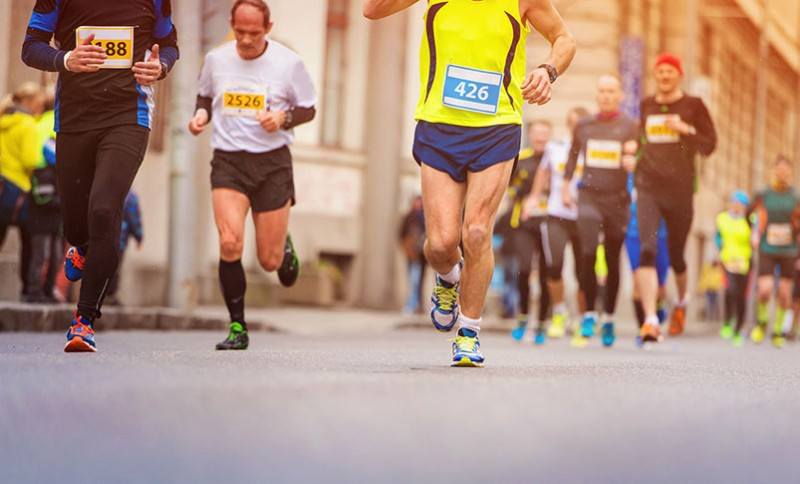As athletes – which many of us are in one respect or another, knock on wood – we learned in the early going the importance of staying hydrated, i.e. drinking plenty of water, which is especially important when performing activities that leave us soaked in sweat. Then came the realization that hydrating with just water might not be enough. Now, we've been told – and perhaps reluctantly we concur, we also need to stay replenished with electrolytes. Which begs the question . . .
What Exactly Are Electrolytes?
Nice of you to ask. We casually throw out mention of electrolytes in conversation, as if we know what we are talking about, but do we really? Where water keeps us hydrated, electrolytes keep us hitting on all cylinders in terms of electrical charges. Yes, we are electrical beings. An electrolyte is a chemical that, when dissolved in water, conducts electricity, per medicalnewstoday.com. Without electrolytes, we are in trouble health wise. Much of our body's functionality is dependent on small electrical currents to operate, and electrolytes supply the charges. These interact with one another as well as with the cells in our muscles, tissues, and nerves. Not only do electrolytes regulate the function of nerves and muscles, they hydrate the body, balance blood acidity and pressure, and aid in rebuilding tissue that has been damaged. One characteristic that permits electrolytes to conduct electricity is their proclivity to take on a positive or negative charge when dissolved into body fluid, per healthline.com, and consequently send electrical charge to all parts of our body. Following is a summary of the key electrolytes in our body, and the primary role(s) that each of them play:- Sodium. Pretty much synonymous with salt, sodium affects blood pressure by working to regulate body fluids. It is generally thought by health experts that hypertensive people (those with high blood pressure) should take measures to reduce their intake of sodium (salt).
- Chloride. Considered crucial to our digestive function, chloride also works to balance acidity and alkalinity, helping to regulate a healthy pH.
- Potassium. Serves a variety of purposes, to include regulating heart function and blood pressure and transmitting nerve impulses. It's also key to muscle contraction.
- Magnesium. Involved in regulating the rhythm of our heart, for the production of DNA and RNA, and bolstering the immune system, among other roles. It also helps in regulating blood glucose levels.
- Calcium. Involved in bone and teeth health, muscle movement and the transmission of nerve impulses and blood clotting.
- Phosphate. Helps to keep bones and teeth strong and involved in working with cells to provide the energy necessary for tissue growth and repair.
- Bicarbonate. Involved in heart function and maintaining a good pH level in our body.
Unbalanced Electrolytes
Electrolytes are content and quite able to go about their business 24/7 without human interference. They don't need constant outside care. Yes, it is typical for our electrolyte levels to fluctuate at times, but concern comes when these levels actually become unbalanced. There are a variety of causes including the following, per healthline.com:- Fluid loss (usually from intense physical activity)
- Vomiting and/or diarrhea (such as from stomach flu or food poisoning)
- Heart failure
- Kidney disease
- Diabetes
- Severe burns
- Alcoholism/cirrhosis of the liver
- Eating disorders
Electrolyte Guidelines
Per the International Marathon Medical Director's Association, as cited at healthline.com, here are some guidelines regarding sound hydration and electrolyte balance during physical activity:- Urine that pre-workout ranges in color from clear to straw colored indicates you are sufficiently hydrated.
- Plan to consume a sports drink containing electrolytes and carbohydrates (such as Gatorade) if your sporting event or workout will take 30 minutes or longer.
- Drinking water with a sports drink will reduce the benefits from the sports beverage.
- Drink to thirst. Don't feel you must constantly replenish fluids.
- Limit fluids to 4-6 ounces every 20 minutes of a race. This could vary somewhat depending on body size and other related factors.
- Seek immediate medical attention if you lose more than 2 percent of your body weight or if you gain weight after running or any other type of cardiovascular activity.

